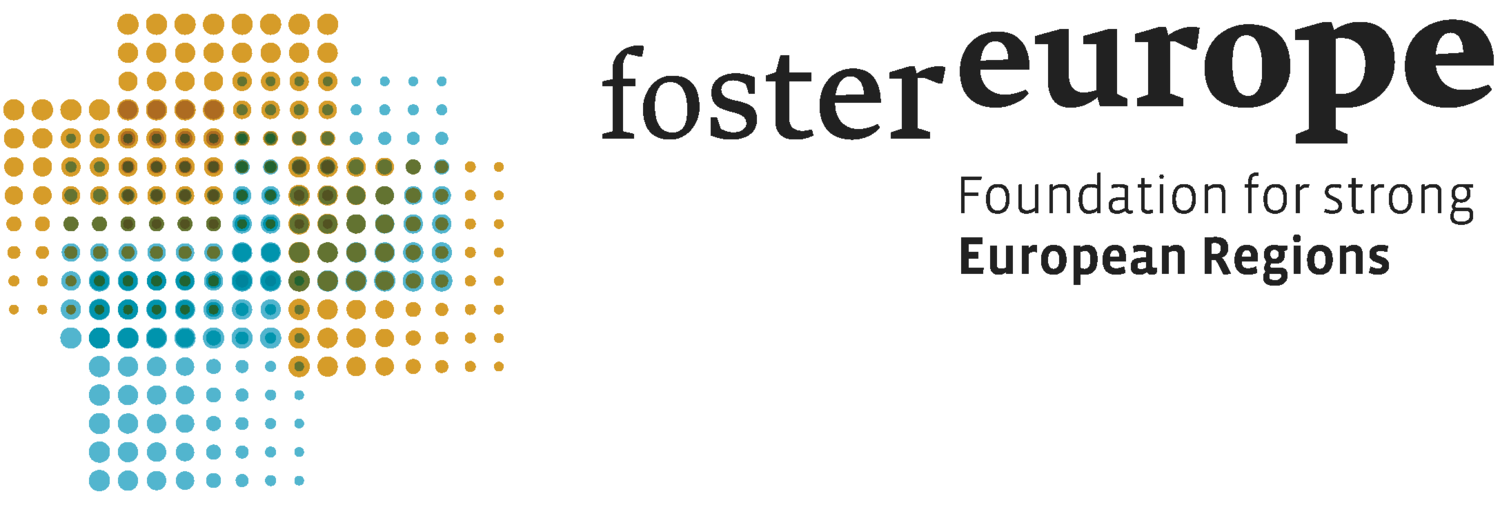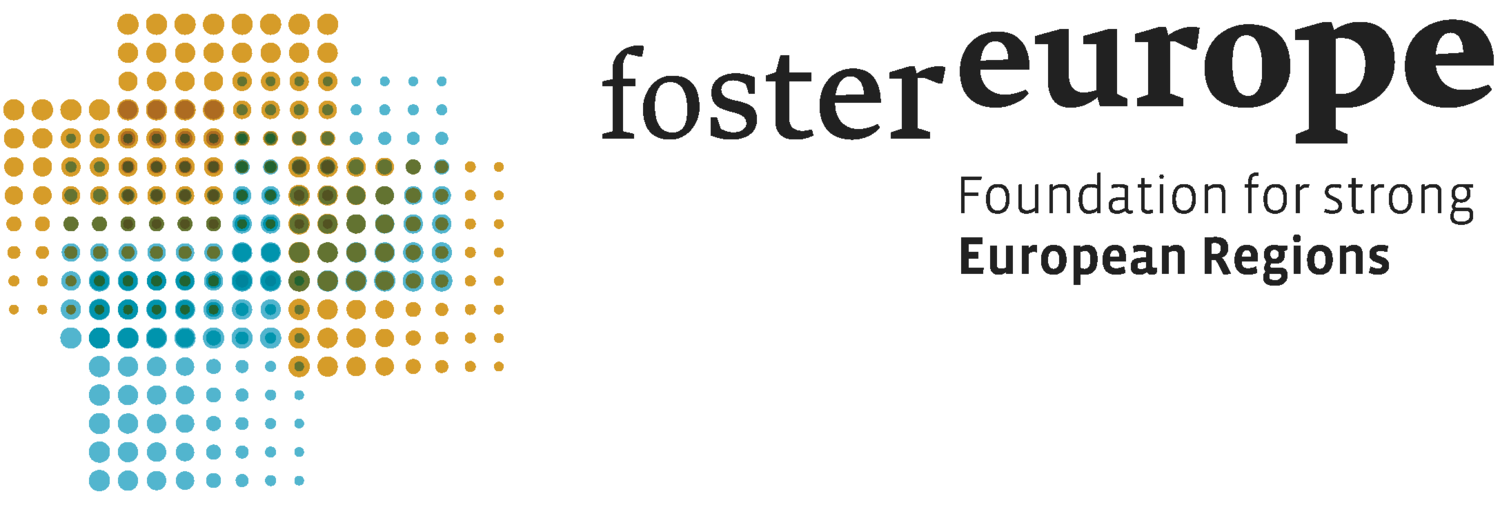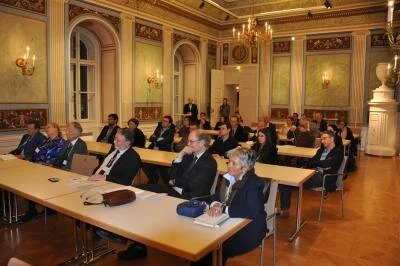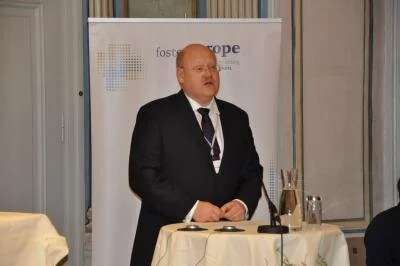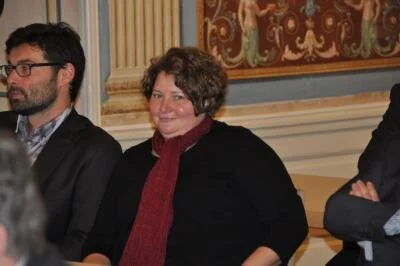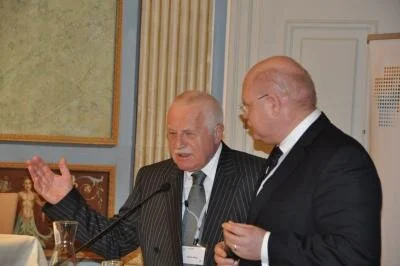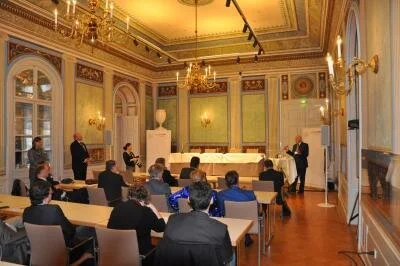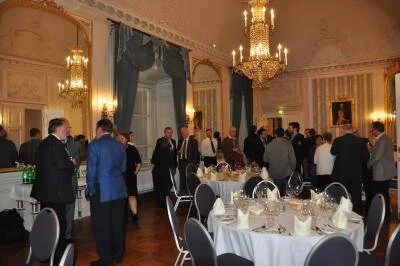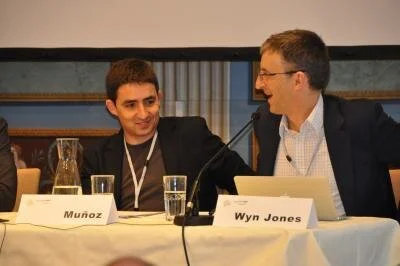Decentralization, Regionalization, and Federalization are phenomena to be observed in almost every EU member state during the last 20 years: While European integration seemed to go on in a linear way towards “an ever closer union”, subnational entities in some of its member states claimed for more rights, which forced the national states to transform their political systems and introduce more decentralized arrangements.
Currently, different quality of centrifugal forces seems to usher a new epoch: Centrifugal forces don´t only touch member states and its subnational units, but also the EU itself. While discussions on the EU membership of the United Kingdom and on the membership of Greece and other national states in the Eurozone take place, tendencies of secession occur in several member states – like the United Kingdom, Spain, and Belgium. Paradoxically, these centrifugal trends are coming along with the most strong centripetal integration steps at EU level: the efforts to defeat the financial crises and its results in the EU. Moreover, subnational units with separation trends are willing to join the EU after having split up from their nation state. While disintegration trends at the EU level naturally are critical towards the EU and concepts of further integration, secession trends at the member state level might be driven by pro-European groups.
The conference analyses the following questions: Which are current examples for disintegration and secession in the European Union? How can these centrifugal trends be explained? How do questions of legitimacy match with trends of integration, disintegration, federalization, and secession? Do we have historical examples of “successful secessions”? What legal questions have to be taken into account when thinking of disintegration and secession? And, not least, what do these trends mean for the supranational political “multi-level system” of the EU, its national member states, and the subnational units: are we in need of a new scientific model to cover the EU, and what kind of finality can be thought of?
The conference organized by the Foster Europe Foundation in close cooperation with the Institute for Studies on Federalism and Regionalism, European Academy of Bolzano, the Fundación Manuel Giménez Abad de Estudios Parlamentarios y del Estado Autonómico, Zaragoza, Spain, the Institut d’ Estudis Autonòmics (IEA), Barcelona and the Academy of Government, University of Edinburgh, United Kingdom, and Ass.-Prof. Dr. Annegret Eppler, Innsbruck/Tübingen.
